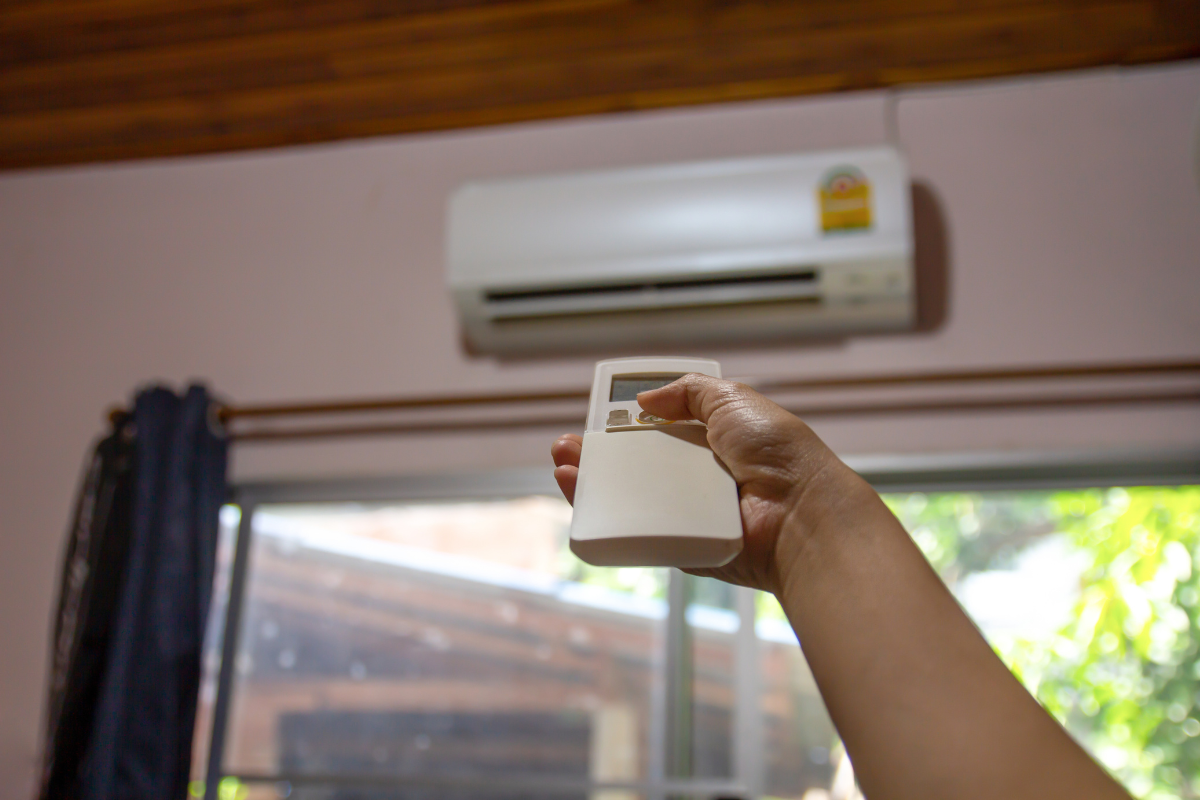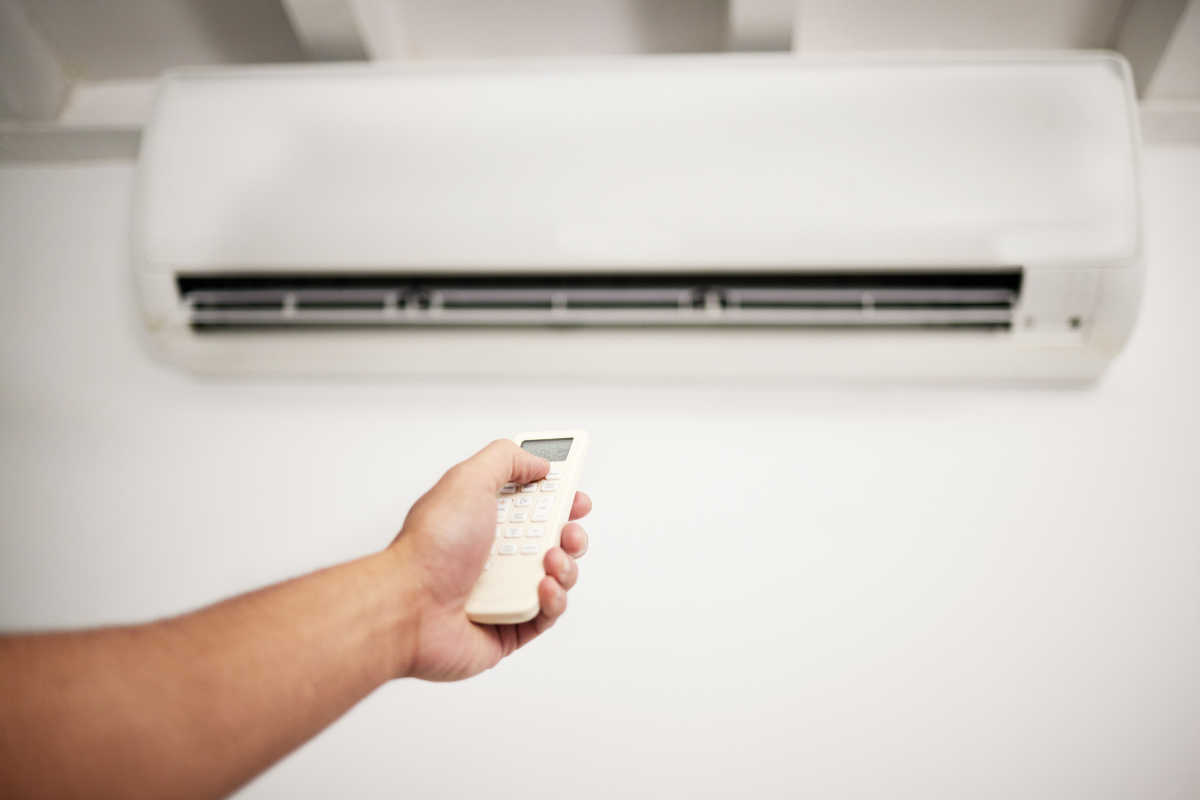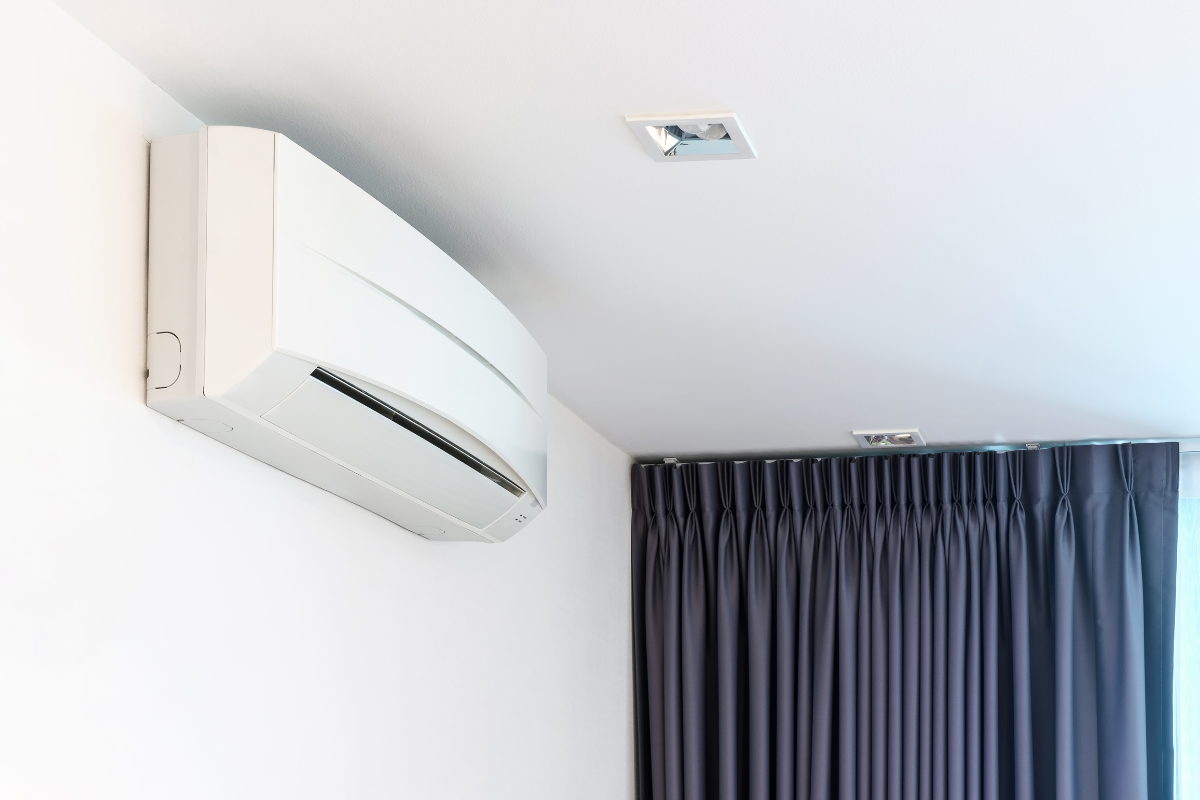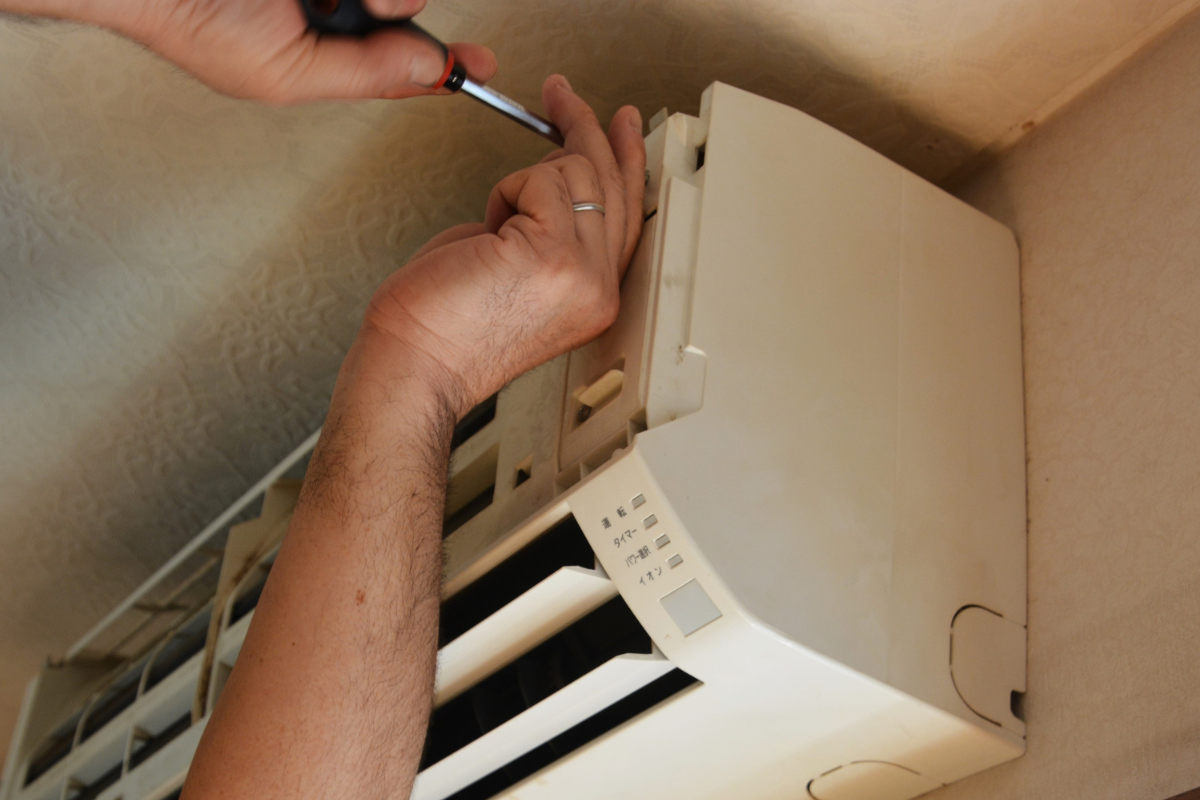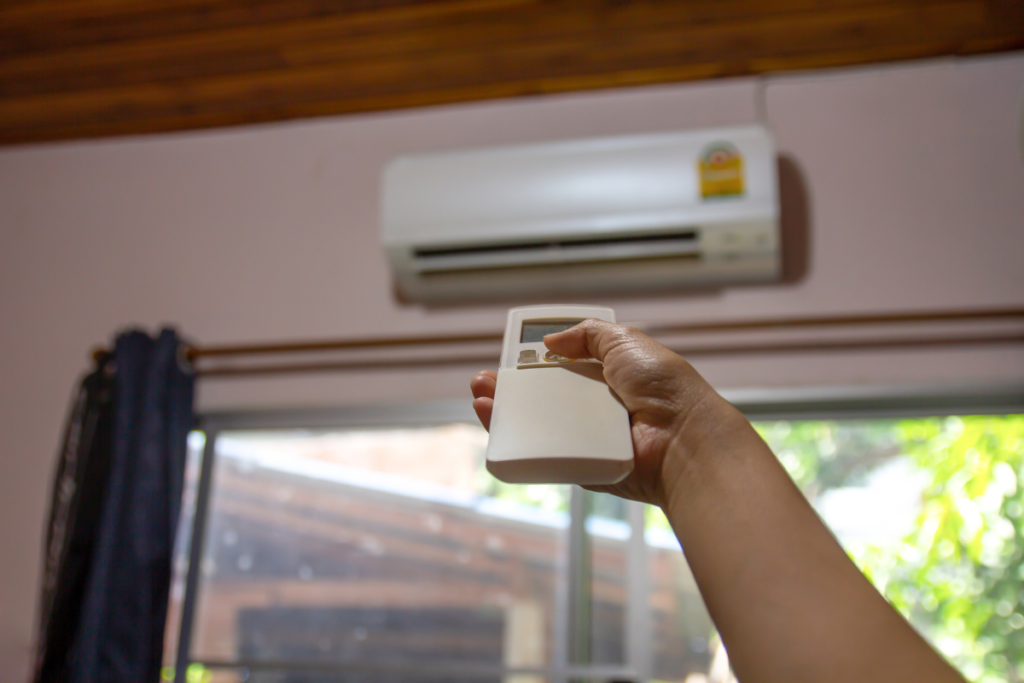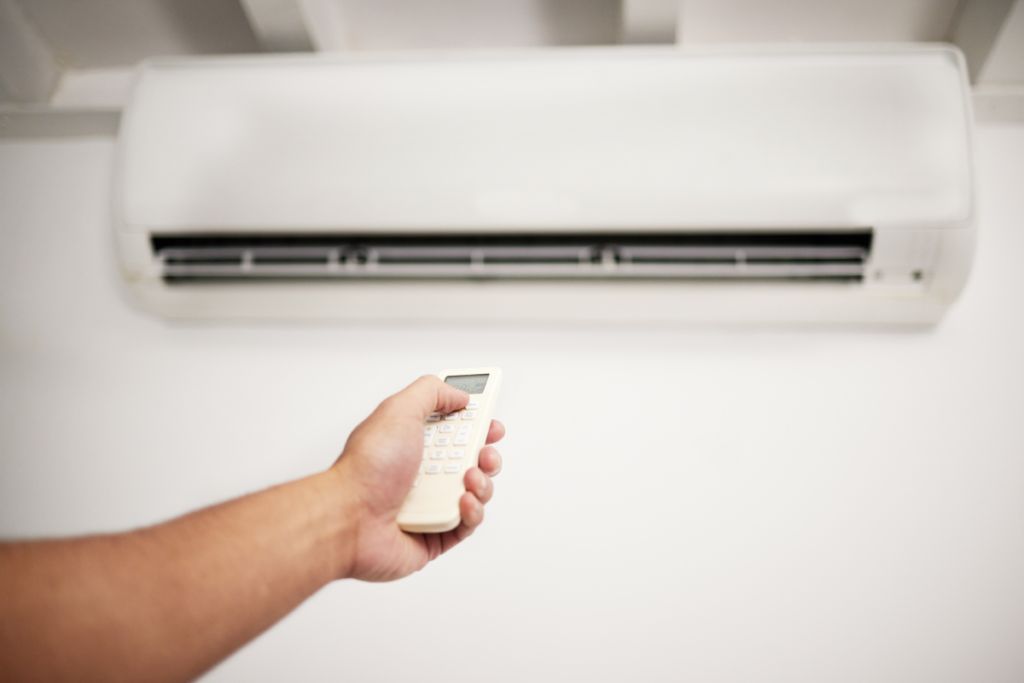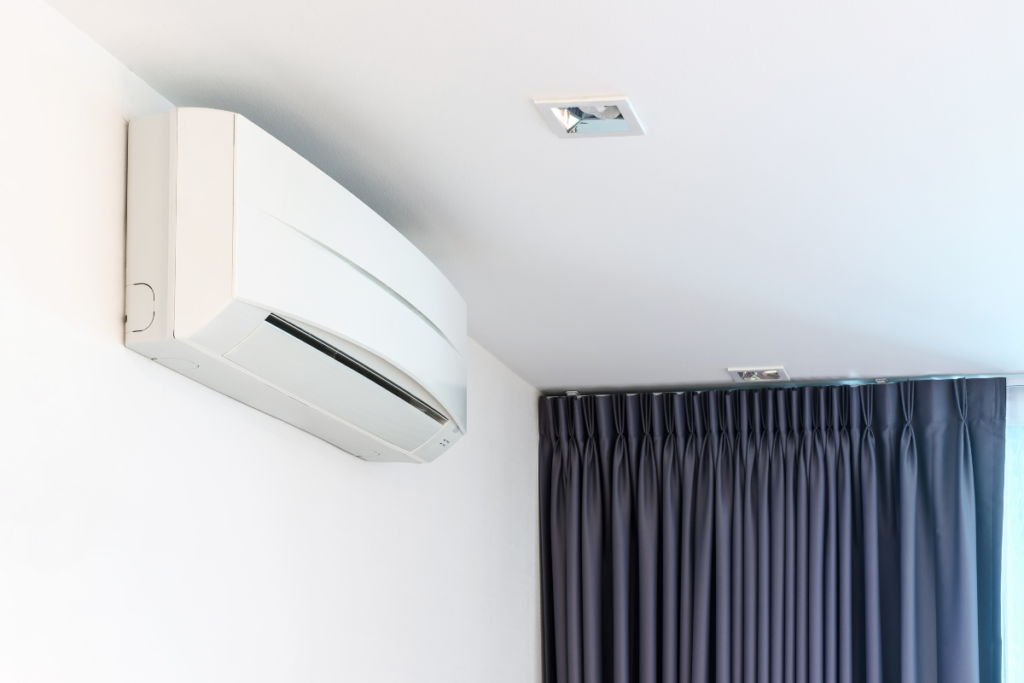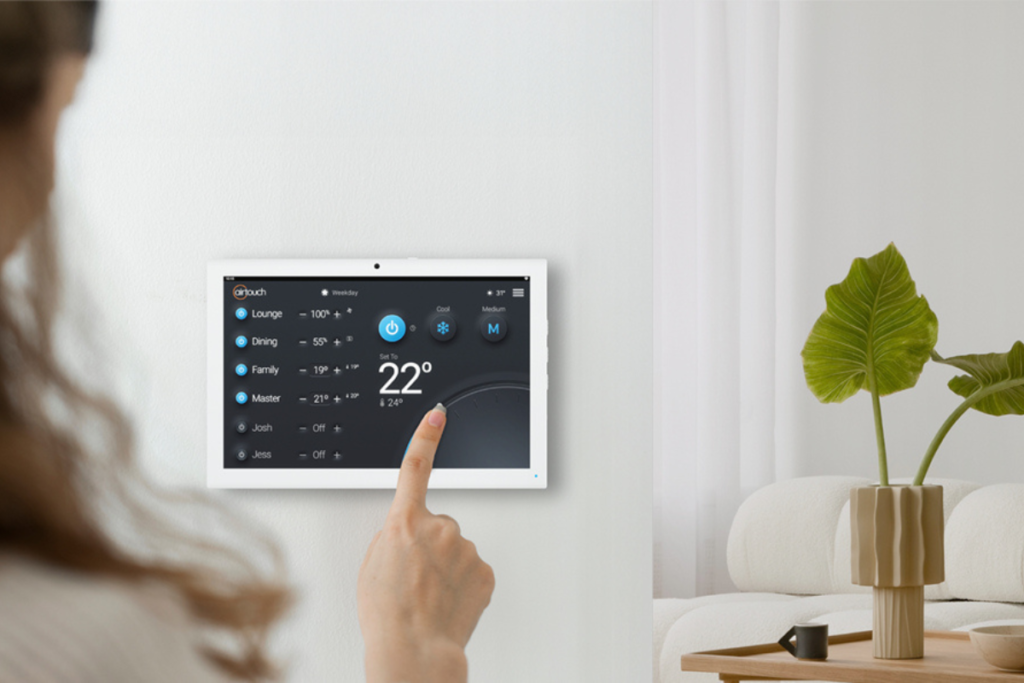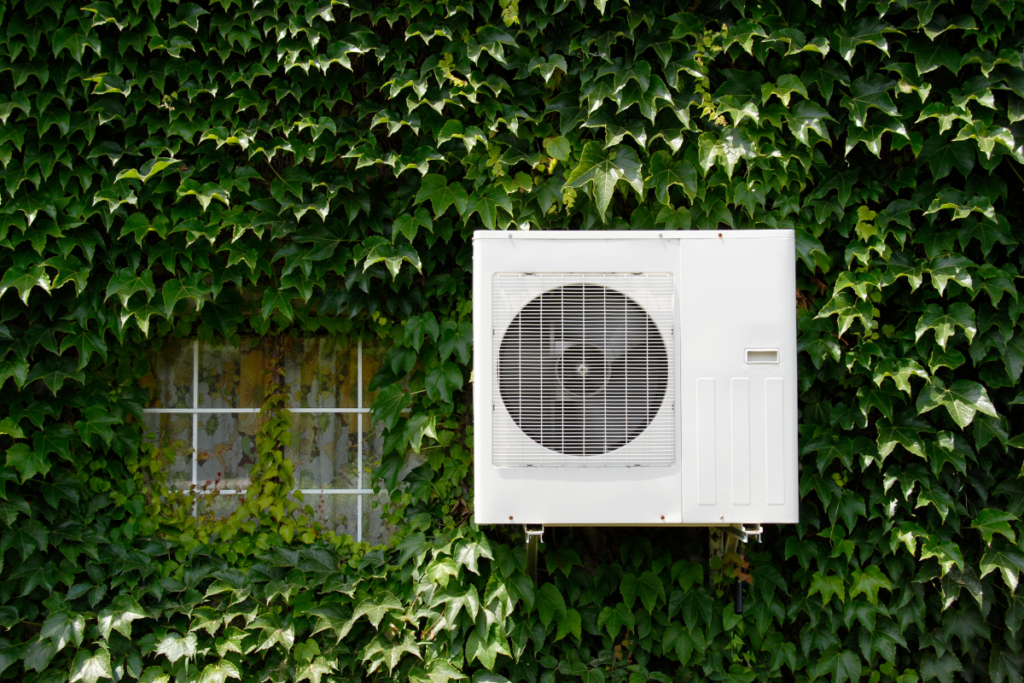Have you heard of VRF AC? It’s a game changer if you want efficient, flexible cooling (and heating) for homes and businesses. In today’s DEEPCHILL review, we break down the pros and cons of VRF vs split system air conditioning to help you figure out which one fits your Gold Coast space.
Table of contents
What is a VFR air conditioner?
VRF stands for Variable Refrigerant Flow. It’s a modern type of air conditioning system that uses refrigerant to heat and cool buildings in a smart and efficient way.
Unlike traditional systems, VRF air conditioners can control the amount of refrigerant flowing to different indoor units, so each room can be set to a different temperature if needed. This makes it ideal for larger homes or buildings where flexibility and energy savings are important.
VRF systems are very popular in commercial buildings in the U.S., but they’re also becoming a great choice for Australian homes, especially those that can’t install ducted systems.
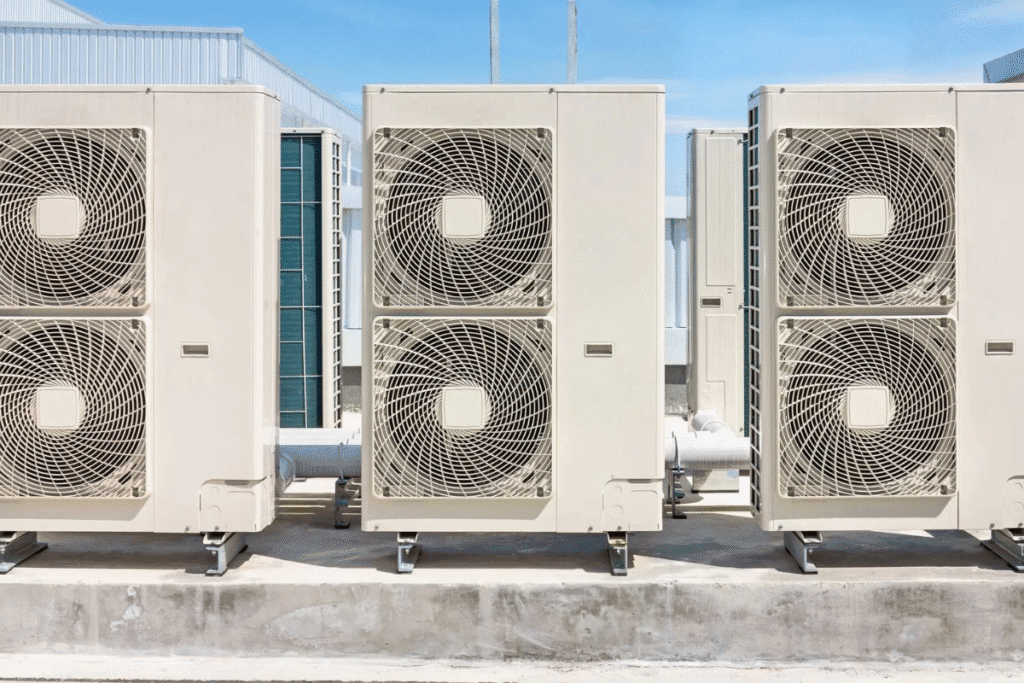
How does a VRF air conditioner work?
Traditional air conditioners struggle to stay efficient when the cooling or heating demand (called “load”) changes. That’s because the refrigerant must stay at specific pressures to work properly. When the load drops, those pressures can change, which may damage the condenser – heart of the system.
To deal with this, older systems typically use 2 methods:
- Circulation: They loop the refrigerant through a pipe until it reaches the right pressure and temperature before entering the condenser. But, this means the condenser keeps running constantly, wasting energy and wearing out faster.
- Cut-out: They turn the compressor off when the temperature is just right, then back on when it changes. But switching on and off all the time also causes wear and tear and makes room temperatures fluctuate.
That’s where VRF systems come in. Developed by Daikin, VRF technology solves these problems by using a smart module on the compressor. Instead of looping the refrigerant or turning off completely, the VRF system slows down or speeds up the compressor. It adjusts in real time to keep pressure steady and avoid straining the system.
VRF systems send just the right amount of refrigerant to each room, allowing separate cooling or heating with smooth, efficient operation.
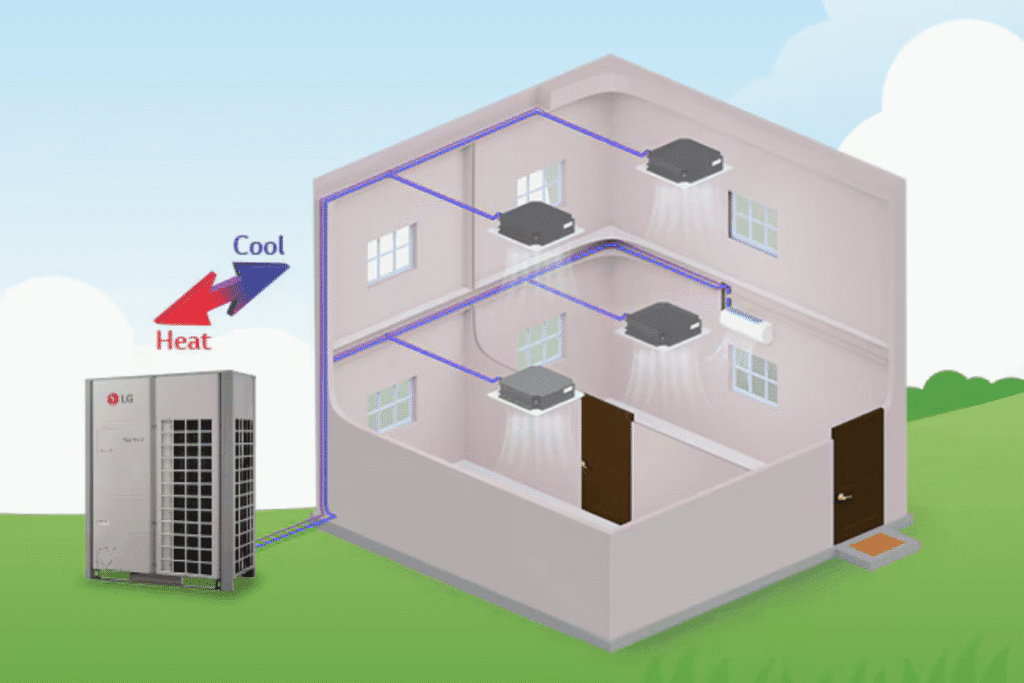
Top 5 benefits of VRF AC
1. Heat and cool at the same time
VRF systems can heat some rooms while cooling others, perfect for buildings with different temperature needs in different areas.
2. Energy saving with heat recovery
They adjust refrigerant flow based on demand and reuse heat from cooled rooms, cutting energy use by up to 30–55%.
3. Individual temperature control
Each indoor unit works independently so rooms can be set to different temperatures for personal comfort.
4. Flexible design and fewer outdoor units
VRF works with various indoor unit styles and needs fewer outdoor units, saving space and easing installation.
5. Quiet operation
Indoor units are quiet, and outdoor compressors are placed away from living spaces, ideal for noise-sensitive areas.
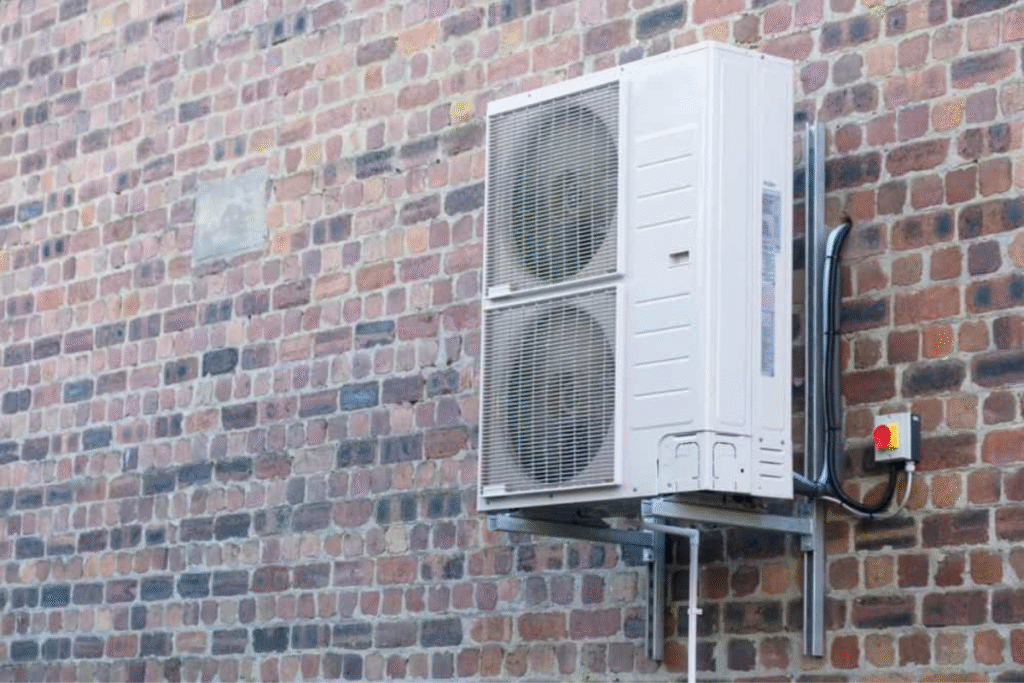
VRF vs Split system – Which AC will be suitable for you?
VRF heat recovery systems are known for being some of the most energy-efficient air conditioners out there. But they also come with a higher price tag. So between VRF vs Split system, how do you know which system suits your space best? Here’s a quick review from DEEPCHILL:
A split or multi-split system might suitable if:
- You only need to heat or cool two rooms and they’ll both be on either heating or cooling mode
- You’re working with a tighter budget
- You have a smaller home
A VRF system could be your best match if:
- Your home has lots of rooms or separate zones
- You want the flexibility to heat one room and cool another at the same time
- You have a bigger budget and want the most efficient option
- You’re cooling or heating a large commercial space or office
- Some of the top recommended brands DEEPCHILL review include: Daikin, Mitsubishi Electric, Hitachi…
- For Split AC brands, popular and trusted options in 2025 include: LG Electronics, Fujitsu
Want to update your AC in winter for better heating and cooling? DEEPCHILL has long been a trusted air conditioning contractor Gold Coast with Daikin for years. If you’re still deciding between a VRF vs split system, get in touch, we’re here to help you find the setup that works best for your home or business.


